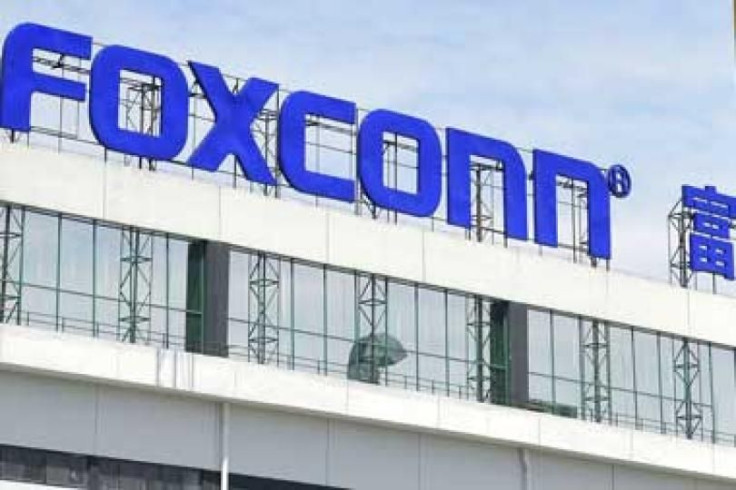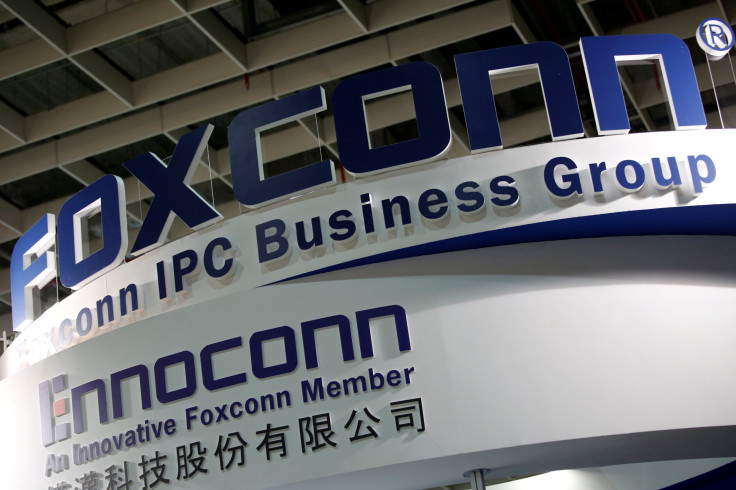Trump Jobs Effect? Foxconn Reportedly Exploring Self-Driving Car Facility In Michigan

Chinese parts giant Foxconn will launch a second U.S. facility in Michigan that will focus on self-driving car development, the South China Morning Post reports.
Foxconn founder Terry Gou said the advanced state of self-driving car development was part of the reason why the company made its move into Michigan.
Read: What’s Not To Like About The Foxconn Deal? Criticism From Both Sides
“Automotive development in the US is still more advanced than China,” Gou said, according to the Post. “Besides self-driving technology, I’m also interested in artificial intelligence and deep learning technology.”
Few details were available on the facility’s cost, timeline to launch or exact scope. The news follows Foxconn’s previous announcement that it was exploring making $10 billion in U.S. investments throughout the midwest. Last month, the company also confirmed plans to build a factory in Wisconsin. The facility, which will focus on producing panels for devices like home televisions, will bring 3,000 jobs to Wisconsin and could expand to up to 13,000 jobs within the next four years.
For Foxconn, which is best-known for being a long-time manufacturing partner for products like the Apple iPhone, its U.S. plans have been a recent focus for the company. In public, Gou has mentioned the historical importance of focusing on the midwest — Michigan is also home to the auto industry with companies like Ford — and emphasized that Foxconn’s U.S. presence wouldn’t come at the cost of the company’s Chinese investments.
With its slated Michigan investment, Foxconn will also be the latest company to jump into the field of autonomous driving research. Companies ranging from Uber to Apple have invested significantly in various aspects of self-driving car hardware and software.

But as companies like Foxconn try to grapple with rising manufacturing costs in China, substantial state-backed incentives have reportedly played a role in Foxconn’s move into the U.S.
In order to launch its Wisconsin factory, Foxconn received a sizable number of concessions from state officials. As International Business Times previously reported, early legislation for subsidies for Foxconn’s Wisconsin plant would allow Foxconn to ignore several Wisconsin environmental protection laws, including policies restricting dumping materials onto public wetlands and requiring companies to obtain a permit if construction could disrupt nearby waterways. The company is also slated to get an additional $3 billion in tax breaks from Wisconsin.
In the past, Foxconn has had a mixed track record on environmental protections and worker conditions. Back in 2013, Foxconn was blasted for dumping polluted water from a Chinese factory into a local river. During this same period, the company was also dealing with worker protests and suicides over poor working conditions.
Within the U.S., the move is expected to be an additional win for President Donald Trump and his administration’s focus on domestic job growth. During the 2016 presidential campaign, Trump frequently bashed companies who had outsourced jobs to overseas workers and encouraged them to bring work back to the U.S. In particular, Trump emphasized this strategy in midwest states and among workers — including in Wisconsin and Michigan — who had struggled with manufacturing job losses.
Read: Foxconn Deal Lets Company Ignore Wisconsin Environmental Protection Laws
In the midst of Foxconn’s initial announcement for its Wisconsin factory, its plans were also often confused with Apple, which the manufacturing company frequently works with. In an interview with the Wall Street Journal before Foxconn’s Wisconsin announcement, Trump said Apple had planned to build three factories within the U.S.
“I spoke to [Tim Cook], he’s promised me three big plants — big, big, big,” Trump said, according to the Journal. “I said you know, Tim, unless you start building your plants in this country, I won’t consider my administration an economic success. He called me, and he said they are going forward.”
For its part, Apple has declined to comment on Trump’s statement. In the company’s third-quarter earnings call earlier this month, CEO Tim Cook avoided giving a direct response to Trump’s comments. But in discussing Apple’s U.S. employee base, he vaguely mentioned that the company will have “some things we’ll say about that” later in 2017.
© Copyright IBTimes 2024. All rights reserved.





















